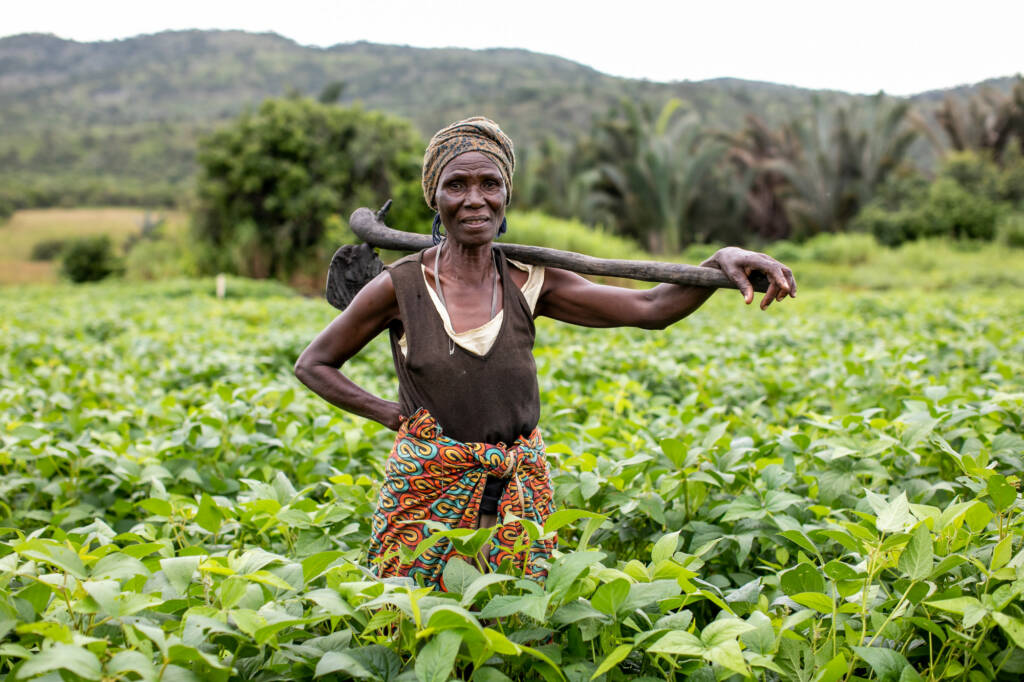Caribbean Food import bill: What do you understand when we food sovereignty? It is usually described as the ability of a community to determine the quantity and quality of the food that they consume by controlling how their food is produced and distributed.
The big nations of the globe like the USA, Canada, Germany, India, etc. are somewhat food sovereign. However, the case with the Caribbean nations is quite different. The nations in this small island chain have very low agriculture production. As a result, the nations have to rely on other nations, but, the high hopes and ambitions of these nation to be self sufficient are showing results.
Food Self-Sufficiency Is Now A Reality
According to the latest data from the CARICOM Ministerial Taskforce (MTF) on Food Production and Food Security, Caribbean Community (CARICOM) nations have made substantial progress towards reducing their regional food import bill by 25% by 2025. The report shows that they have already achieved 57% of this target.
Making a remarkable achievement, commodities such as cocoa, dairy, meat, root crops, fruits, and poultry have already surpassed the average production volume target set for the year 2025, reaching an impressive 70%.
Several countries have made significant strides in producing items such as ginger, turmeric, corn, soya bean, fruits, cocoa, poultry, meat, fish, and dairy. These include Belize, Barbados, Trinidad and Tobago, Dominica, St. Vincent and the Grenadines, Suriname, Dominica, and Jamaica.
Dreams Do Come True
Reducing the food import bill has been a long-debated issue by the Caribbean nations. Additionally, natural disasters such as hurricanes and droughts can severely disrupt food systems, exacerbating existing food insecurity. Food security has clearly become a critical issue for its survival and so, CARICOM introduced a Food Insecurity Bill in 2022.
The nations were emphasized to exhibit special attention to priority crops and products, which they actually worked on with full devotion. Bahamas imports 90 percent of its food to the tune of US$1B each year. The nation is now on its course to achieving the target of reducing the $1b entirely. The government of Barbados also signed an MOU to conduct a feasibility study and deploy proprietary agricultural facilities in the Caribbean.
Read More: Dominican Republic Vigorously Rejects Biden’s Caribbean Revival Plan
For years over 90% of certain food items consumed in the Caribbean were imported, but finally, things are taking a turn for the better. This is the dawn of a new era, and the Caribbean is poised to shine brightly on the world stage.
https://www.youtube.com/watch?v=SeQWwyzpuPM
